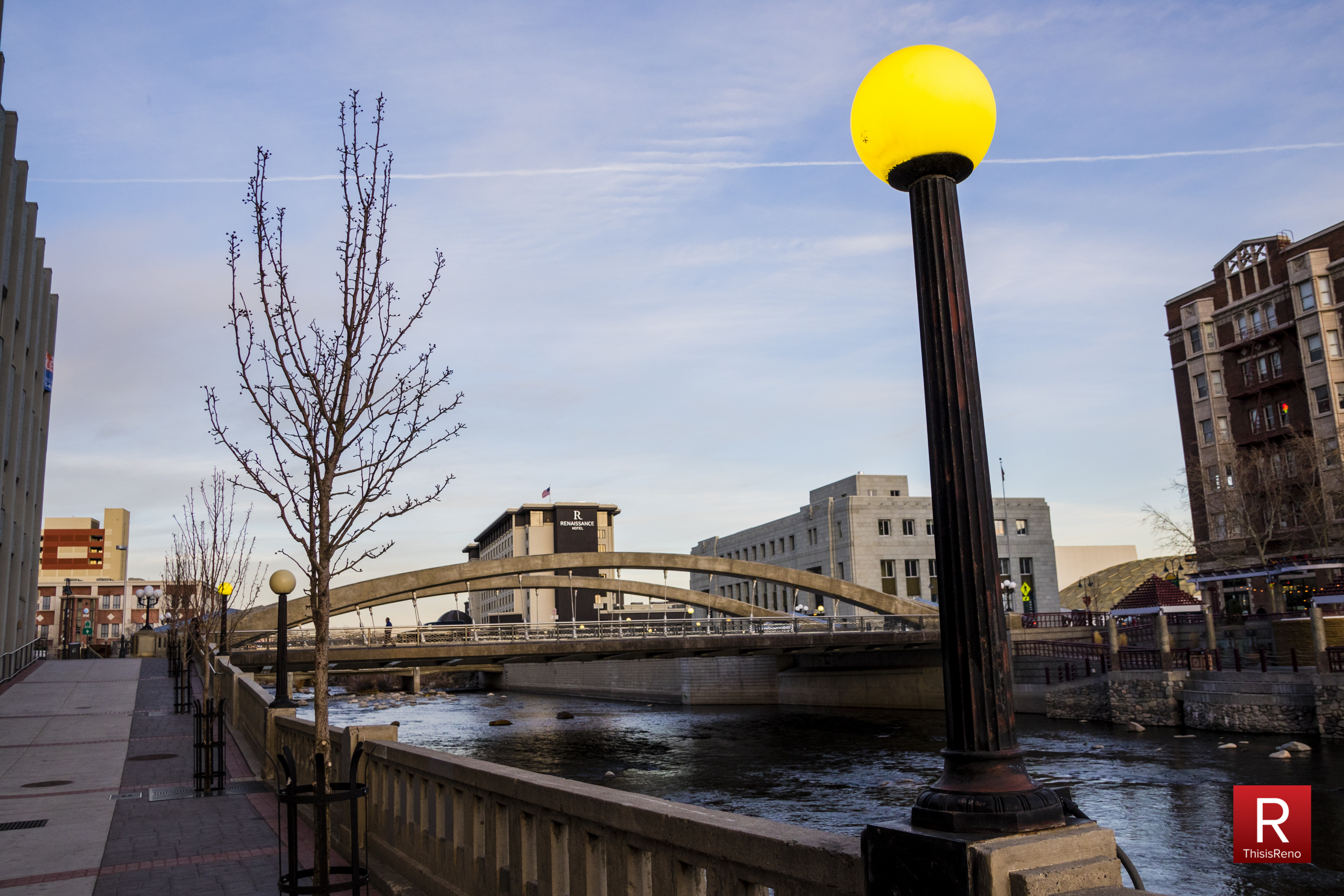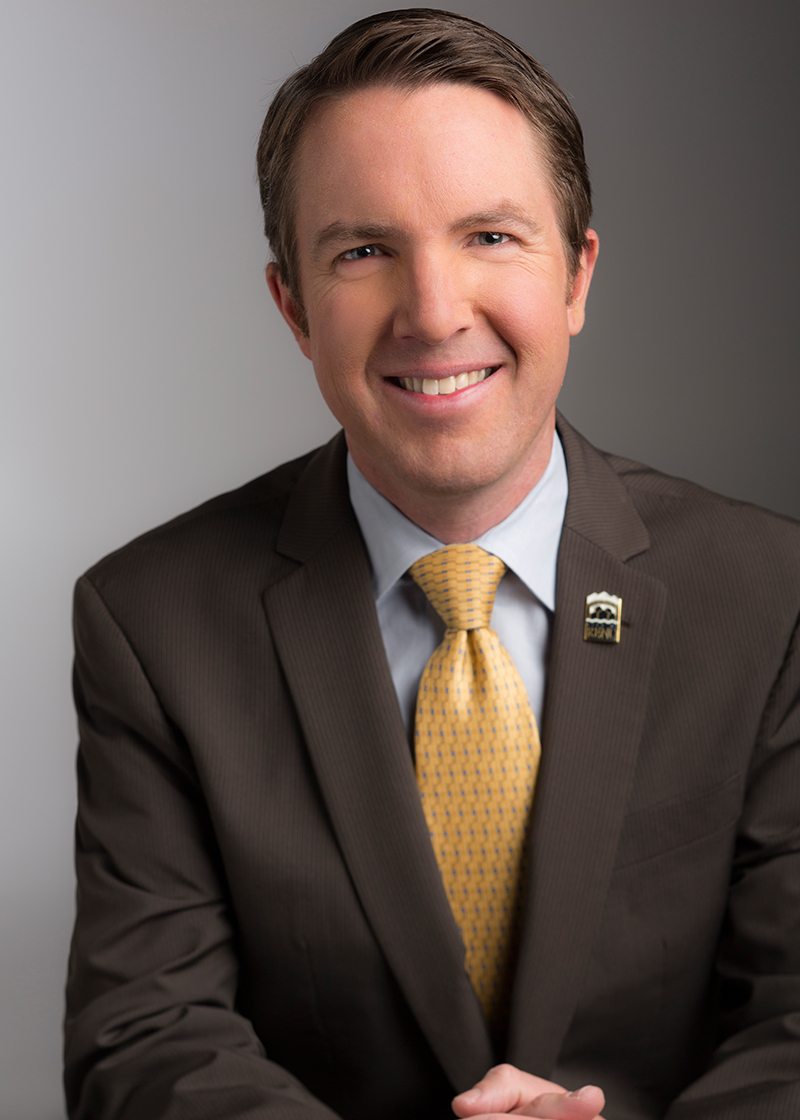
Reno’s debated and beleaguered downtown has a new business improvement district (BID).
The expanded geographic area encompasses more property owners who will pay assessed fees in order to get more services aimed to improve the downtown core.
The Reno City Council today approved the new district. Mayor Hillary Schieve called it an historic moment.
“I keep saying you won’t recognize downtown in three years,” she said. “We have to do something. Today, it is finally happening.”
Most spoke in favor of the BID during public comment, including casino workers and owners. Homelessness was often noted in today’s discussion as a chief concern downtown.
Reno Police Chief Jason Soto said that the BID will free up law enforcement resources while allowing for more services to address homelessness.
“It does free up resources,” he said. “This is a community-wide issue in terms of resources for people who need resources. This is a step in the right direction in terms of making our community safer.”
Concern was expressed about how the money coming into the BID was going to be spent.

“This is a complicated animal, so we have to go that extra mile to ensure our residents are getting their money’s worth at the end of the day,” Councilman David Bobzien forewarned.
Some protested the new district, citing increased fees. City staff said, however, that many property owners, including downtown residents, will see a decrease from the current special assessment district fees.
“We have been promised we will live in the land of puppy dogs, rainbows, and unicorns where everything will be free, and nobody will have to pay for anything,” said downtown resident Norm Robins. “I’ve heard a lot of stories like this in my 81 years. They rarely pan out as promised.”
Nonprofits and churches may be on the hook for more cash. Living Stones was in favor of the BID, but the International Community of Christ wrote a letter in support of the BID but against the assessment fee.
City staff indicated that churches may not be taxed, but they could be assessed. Entities with hardships could apply for relief.
The city is contributing $250,000 to the BID but expects that those dollars will result in a $3 million return on investment.
Council unanimously passed measures supporting the BID.
